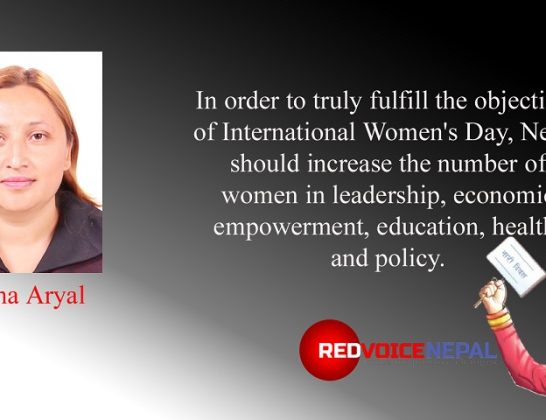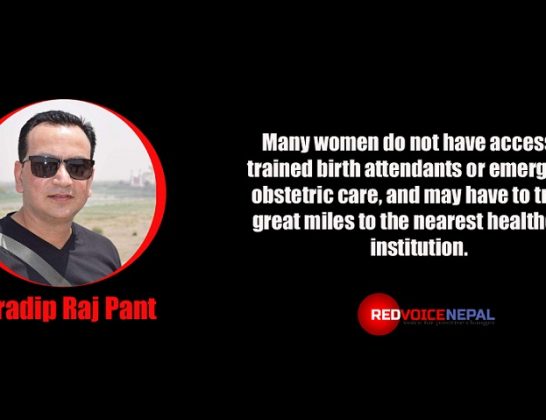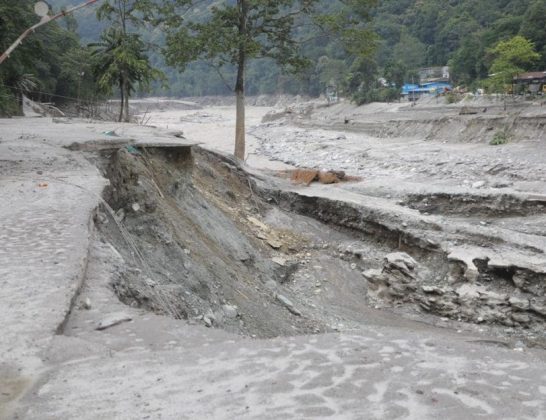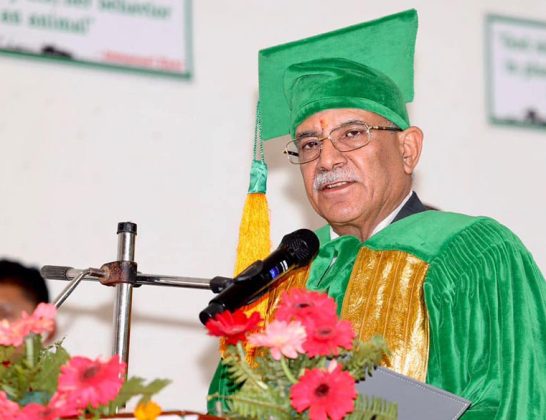Maoist Path Of Revolution Who Will Bell The Cat?
Ritu Raj Subedi
Unlike the conventions of Nepali Congress and CPN-UML, the CPN-Maoist Centre’s ongoing 8th national congress hotly debated party chair Pushpa Kamal Dahal Prachanda’s ideological and political report to shape its future political course and strategy. NC and UML’s jamborees were confined to picking the leadership and their leaders and delegates were least concerned about the ideological discourse. On the other hand, the Maoist Centre’s convention that kicked off last Sunday allowed its representatives to exercise their sovereign rights to the fullest. Nonetheless, it is yet to see whether or not the party will embrace and implement their inputs and suggestions.
Maoist Centre’s convention that kicked off last Sunday allowed its representatives to exercise their sovereign rights to the fullest. Nonetheless, it is yet to see whether or not the party will embrace and implement their inputs and suggestions.
On Friday, the convention unanimously approved Prachanda’s 45-page political document entitled ‘Path of Nepali Socialism in 21st Century’ with amendments. In his replies to the queries raised by the delegates over his report, Prachanda assured that he would make it ‘mature’ by incorporating their comments and inputs in it. Party’s Standing Committee members Haribol Gajurel and Ram Karki had presented their complementary proposals while youth leader Lekhnath Neupane presented 10-point separate proposal, disagreeing with Prachanda’s report. In order to take the dissenting leaders into confidence, Prachanda announced that the party would hold a special convention to discuss all proposals and decide its ideology following the three-tier elections.
Cultural transformation
In his document, Prachanda has stressed linking the party with production and labour, liberating national economy from compradors and middlemen (bichauliya), discouraging the rising consumer culture and building independent and self-reliant economy. He has put greater emphasis on ‘cultural revolution’ as the party programme for its cultural transformation and reorganisation. His report has admitted that there was a mismatch between the party’s tactic and the culture and life style of its leaders and cadres. The party has participated in the government on several occasions in the past one and a half decades but it remained detached from the people on the ground, it states.
Nepal’s Maoist movement has gone through various ups and downs. As one stream of the country’s communist movement, it rose from the NCP’s Chautho Mahadhibesan (Fourth Convention). Earlier, it was known as the CPN-Unity Centre that decided to launch the long-term people’s war at its 6th convention held at Madi of Chitwan in 1991. In 1996, the CPN-Maoist raised arms to dismantle the ‘reactionary’ state and establish janabadi satta (democratic state). Thousands of people were killed during the decade-long bellicose movement.
Since it joined the peace process in 2006, the Maoist party, like CPN-UML, has been a key player of power politics. Today Prachanda has confessed that his party is not different from that of Nepali Congress or UML. He states: “People have not seen specific differences between our party and other parties.” He did not mince words while pointing out the moral decay of his own cadres: “There is increased obsession with commission, corruption, sexual perversion, individualism, post and privilege. If we fail to change this situation, it is not possible to embark on the journey of socialism with a revolutionary party and advanced culture.”
How can the party spearhead the cultural revolution when it has sunk into a morass of moral turpitude? For the outsiders, it is difficult to comprehend the Maoist Centre and its modus operandi when its boss Prachanda himself acknowledges its cultural and financial lapses. Is the admission of growing errors and depravity in the party enough? Should the party not hold those involved in corruption and immoral acts accountable? Mere self-criticism is not enough to purify the party. There should be concrete and credible action against the wrongdoers and crooks if the party wants to take the right course. The problem with the Nepali communist leaders or their diehards is that they talk about changing the world but often hesitate to change themselves. The vast dichotomy between their promise and performance has given rise to myriad discrepancies in the Nepali communist movement.
This is a reason why the Maoist delegates roasted Prachanda and his dossier despite his mea culpas for the mishandling of the party. In his document, he has emphasised that the party committees and members should maintain fiscal discipline and transparency, and launch anti-corruption drive among the people but his own representatives discounted his proposal. They hit back at the lifestyle of Prachanda himself. “This (economic discipline) should start from chairman. How is his lifestyle? Despite criticisms from multiple quarters, why is he living in the house of a contractor? The proposal that ‘let’s build a house for him by collecting donations from 800,000 party members if he has the problem’ has also been raised.”
The delegates have called for investigating its leaders who have amassed wealth in non-transparent manner. The lifestyle of many Maoist leaders has changed dramatically as the party infatuated itself with power, post and perk. In their group-wise deliberation over Prachanda’s report, they have demanded the party should probe the property of those who held the posts of benefit, not allow one individual to hold the post of benefit more than two times and not appoint two members of a family to such a position. These concerns show that a limited number of leaders have been enjoying power and state facilities frequently owing to their nexus with party’s power clique.
Leaders to labour
Prachanda has floated the idea of agriculture revolution to carve out the socialist path. He proposed that each leader must go to village annually and work for 15 days voluntarily in an agriculture firm or industry comprising at least 50 persons, which the party will set up in every municipality within six months. The proposal is music to ears of many but difficult to realise. The party had introduced ‘production brigade’ to engage its cadres in production during its 7th convention in Hetauda nine years back but it went belly up.
The notion of making labour donation is the imitation of Back to Village Campaign initiated by late king Mahendra in 2024 B.S. That time ministers and high level government employees had to mandatorily visit villages and contribute labour for 15 days every year. No matter who introduced this notion, it is a pragmatic approach to familiarise the political and bureaucratic elites with the ground reality of the country. However, it is difficult to believe that the new class of Maoist leaders who have already moved up the social ladder will follow Prachanda’s instruction and break sweat in the villages.













Comments